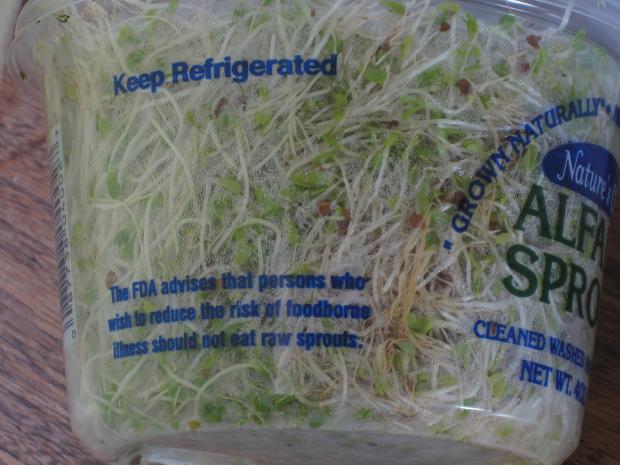Whenever we lead a ServSafe MN training session, we hear stories about local chef’s inspirations and culinary influences. More often than not, some of the most renowned chefs in the area trace their culinary roots back to the times of childhood watching their mother cook meals that they can only hope to duplicate. Mother’s Day occurs every May, and to honor our favorite culinary influence, we’d like to pay tribute to moms everywhere.
ServSafe MN tribute to Mom
Some of our fondest memories from early childhood to returning home from college for Christmas break involve many of the best meals that we have ever eaten. The countless hours of preparation that mothers have put into perfecting their signature recipes, shopping for the best ingredients and preparing delicious home cooked meals with care have given many famous chefs the fine examples that have driven their careers.
Mothers everywhere have also taught us to have respect for the traditional aspects of creating our cuisine. Numerous chefs that we have talked to often refer to “sticking close to their roots” and driving themselves to use traditional cuisine to bring people together, just like mom did with a meal cooked to perfection in a setting where arguments, grudges and the concerns of the day could vanish for at least a little while.
One of the greatest things that mothers have instilled in their children, in the culinary profession or otherwise, is the will to put their heart and soul into everything that they do. There was more than cumin, garlic, oregano and tomato paste in mom’s secret meatloaf recipe. There was dedication, love and a desire to see that her family received everything that they needed. This has rubbed off on countless servers that strive to see that their guests have a great dining experience, cafeteria workers in assisted living facilities who go the extra mile to see that their charges can enjoy a simple meal and ServSafe MN chefs that take care to prepare meals tailored to VIP guests’ tastes.
So, in short, we just want to say thanks to mothers everywhere who have taught us the love of food, cultivated our creative side and instilled in us the work ethic that has led us to where we are today.





